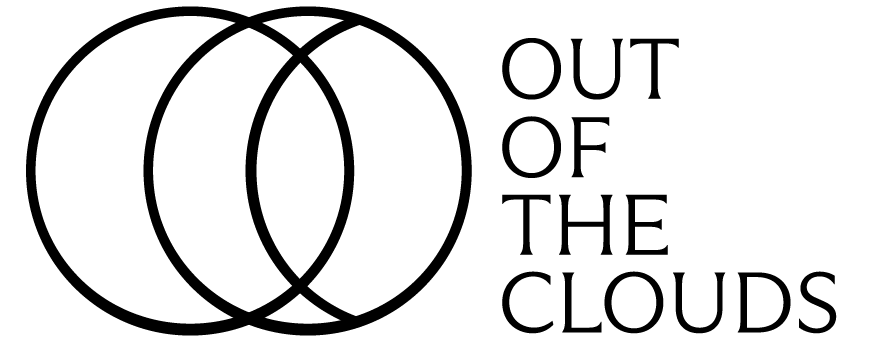A new year is like a new day, it feels like an opportunity to press reset and start afresh. But afresh sometimes doesn’t mean much, when we (me?) get caught pressuring ourselves to meet deadlines that don’t mind the length of our to-do list.
That’s how I often find myself late in getting new meditations out — and, occasionally, the interview podcast, too.
This week, I’ve been pondering on a topic which came up when I woke up in the night, because Nandi, my 7-month old Cavapoo puppy, was making some needy noises at the foot of the bed. I picked him up for a cuddle and as I got back to snuggle under the duvet, a familiar problem came to mind. And as I considered it, perhaps due to the cocoon of the night shifting my perspective, I had what Oprah affectionately calls an a-ha moment. It came out of nowhere: in my mind’s eye, a familiar image appeared, one that had emerged during a coaching session. The best way to describe it is to say it’s an idealistic ‘future me’ kind of image.
That particular future is becoming dangerously close, you see. While I realised that, somehow, something unlocked in me.
‘If I want the dream and the reality to become one, I need to make some different choices,’ I thought to myself, almost asleep at that point. And suddenly:
‘I can do things differently, I have a choice.’
It felt radical.
I am more than my conditioning (though it’s certainly a blind spot for all of us). I am more than my instinct, my reactions, my habits, and my default mode.
If I can acknowledge what I want (and crucially remember it), I can choose to do things differently, I have it in me to create the change I want.
And, duh, I can ask for help if I’m lacking the resources to do it myself.
DEFAULT MODE IS NOT GOOD FOR EVERYTHING
Of course, it’s marvellous that we are able to do things on autopilot, like driving, cooking, tying shoe laces, etc. But from the moment we blink our eyes open in the morning until we try to find rest in the evening, we are faced with a barrage of decisions to make.
I don’t know about you, but I get decision fatigue at the supermarket as much as when I open Netflix. So much time is wasted trying to figure out what is ‘right.’ But for me, often I’ll default to automatic mode, and only occasionally I’ll put the remote down and do something else altogether.
So, shockingly, we forget we have a choice. From what we do, to how we think and how we behave, how we talk to ourselves and others.
TO MOVE TOWARDS WHAT WE WANT, WE NEED TO KEEP IN IN SIGHT
If we keep our goals right where we can see them (yes, even your New Year’s resolutions), and keep the openness of choice in mind, and pause before we act, we have a chance to connect to our intention. And that’s crucial when we make decisions, whether they are casual in nature, or more charged with expectations.
By pausing and exploring the choices we have, the smallest actions we take can be the seeds of the change we want to see, whether they concern our energy, our health, relationships, occupation, or the wider state of our society.
Crucially, I recognise that we are not all equal when it comes to the choices we have in front of us. I live in a white, cisgender female body, in an economically privileged and stable economy. My choices are far greater than they are for many around the world, something that bears remembering.
THE SMALLEST ACTIONS MATTER
The other day, I wrote a post about a very different topic, but which led me to think about the importance, the potential impact, of the smallest actions. In it I quote Hannah Arendt, who believed that ‘the smallest act in the most limited circumstances bears the seed of… boundlessness, because one deed, and sometimes one word, suffices to change every constellation.’ Perhaps that’s what stayed with me.
So we have a choice, and the smallest actions matter.
You can read the post, ‘About the things we can’t unlearn’ right here and if you enjoy it, feel free to subscribe to The Mettā View, where I explore coaching, consulting and storytelling.

